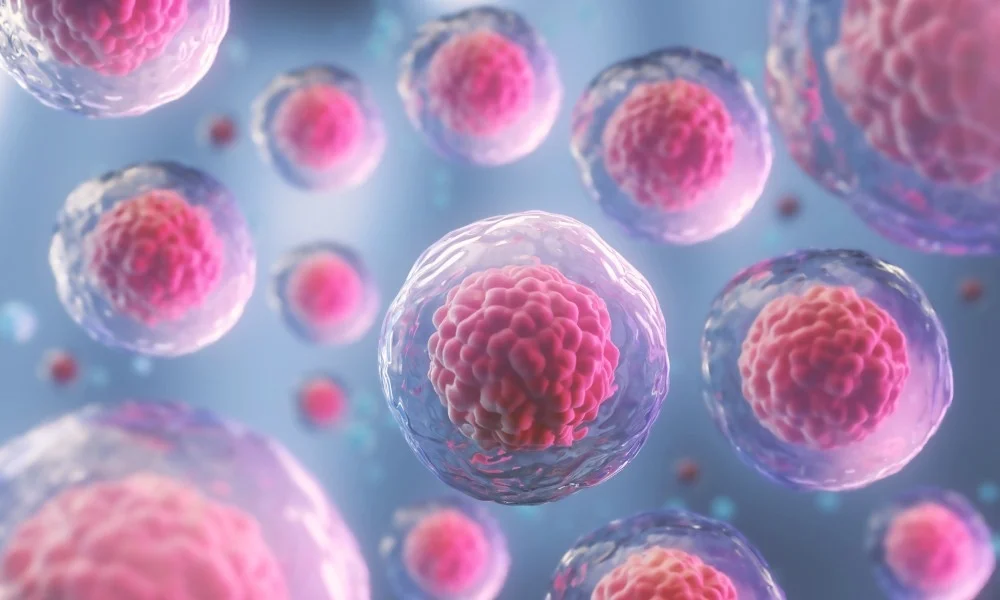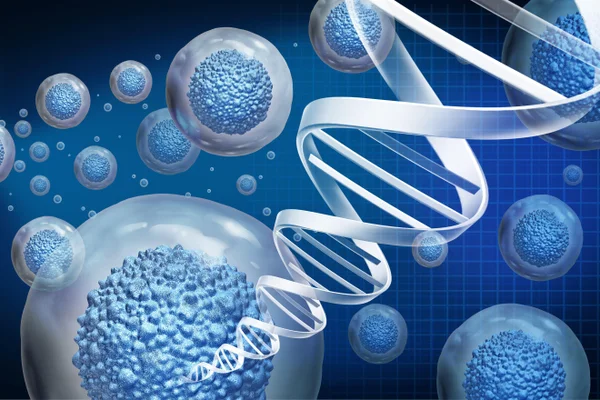
The human body is an intricate system, constantly engaged in self-maintenance, repair, and renewal. At the heart of these regenerative processes lies autophagy, a natural mechanism that clears out damaged or dysfunctional cellular components to maintain optimal function. While autophagy operates silently within our cells, its role is anything but insignificant.
This biological recycling process is not just about cellular housekeeping—it is intricately tied to cellular longevity and disease prevention. From slowing aging to protecting against neurodegenerative disorders, metabolic diseases, and even cancer, autophagy serves as a built-in survival system that ensures cells function efficiently for as long as possible. Understanding how this process works and how to enhance it can have profound implications for long-term health and vitality.
The Role of Autophagy in Cellular Longevity
Aging is characterized by accumulated cellular damage, oxidative stress, and declining metabolic efficiency. Without a proper cleanup system, dysfunctional cells accumulate, leading to inflammation, weakened immunity, and tissue degradation. Autophagy counteracts these aging-related processes in several key ways:
1. Clearing Out Cellular Waste
Cells are continuously exposed to oxidative stress and environmental toxins, which lead to the accumulation of misfolded proteins and damaged organelles. Left unchecked, these dysfunctional components contribute to cellular aging and tissue degeneration.
Autophagy removes these intracellular pollutants, preventing their buildup and reducing the risk of age-related diseases such as Alzheimer’s and Parkinson’s. By maintaining a cleaner cellular environment, autophagy ensures that cells remain functional for longer.
2. Preserving Mitochondrial Health
Mitochondria are often called the “powerhouses of the cell,” as they generate the energy required for survival. However, as mitochondria age, they become inefficient and produce excessive reactive oxygen species (ROS)—molecules that cause cellular damage.
Through a specialized form of autophagy known as mitophagy, cells selectively remove defective mitochondria and replace them with healthier ones. This ensures that energy production remains efficient and minimizes oxidative damage, which is a major contributor to aging.
3. Preventing Cellular Senescence
Senescent cells are damaged cells that no longer divide but remain metabolically active, releasing pro-inflammatory molecules that contribute to tissue aging. These “zombie cells” accelerate the breakdown of surrounding tissues, promoting chronic inflammation and degenerative diseases.
Autophagy helps prevent cellular senescence by removing aged and malfunctioning cells before they can cause harm. This process reduces inflammation and supports overall tissue health, enhancing longevity at a cellular level.
Autophagy as a Defense Against Disease

Autophagy is not just about slowing aging—it also plays a critical role in disease prevention. By removing harmful cellular components and promoting metabolic balance, it acts as a safeguard against many chronic illnesses.
1. Neurodegenerative Diseases
Alzheimer’s, Parkinson’s, and Huntington’s disease are all linked to the accumulation of toxic protein aggregates in the brain. These clumps disrupt neuronal communication and trigger widespread cognitive decline.
Autophagy helps clear these misfolded proteins before they can accumulate and cause neurodegeneration. Research suggests that enhancing autophagy could be a promising approach in preventing or even slowing the progression of these disorders.
2. Cancer Prevention
Autophagy serves a dual role in cancer development. In its early stages, it acts as a tumor suppressor, preventing the accumulation of genetic mutations and eliminating precancerous cells. However, in later stages, some cancer cells may exploit autophagy to sustain their growth under harsh conditions.
This highlights the delicate balance of autophagy regulation. Maintaining healthy autophagic activity helps prevent the initial development of cancer while preventing excessive activation that could fuel malignant cells.
3. Metabolic Health and Diabetes Prevention
Type 2 diabetes and metabolic syndrome arise from insulin resistance, a condition where cells lose their ability to respond to insulin effectively. This leads to high blood sugar levels, chronic inflammation, and fat accumulation.
Autophagy plays a key role in restoring insulin sensitivity by breaking down defective insulin receptors and rejuvenating metabolic pathways. Studies have shown that enhancing autophagy through diet and lifestyle changes can help regulate blood sugar levels and prevent metabolic disorders.
4. Strengthening the Immune System
The immune system relies on autophagy to eliminate invading pathogens, including bacteria, viruses, and fungi. By digesting infected cells and removing microbial invaders, autophagy enhances immune efficiency and prevents chronic infections.
Additionally, autophagy helps modulate inflammation, ensuring that the immune response remains balanced and does not become overactive—something that is crucial in preventing autoimmune disorders.
How to Activate and Enhance Autophagy
While autophagy is a natural process, its efficiency declines with age. However, specific lifestyle interventions can help stimulate and maintain optimal autophagic activity.
1. Fasting and Caloric Restriction
Fasting is one of the most powerful ways to trigger autophagy. When nutrient intake is reduced, cells switch from energy storage to survival mode, increasing autophagic activity.
- Intermittent fasting (16-18 hours fasting windows) enhances mild autophagy.
- Extended fasting (24-72 hours) further intensifies cellular cleanup and regeneration.
2. Regular Exercise
Exercise stresses cells in a way that induces autophagy, particularly in muscles, brain, and heart tissue. Both aerobic workouts and resistance training help activate this process, improving cellular resilience and metabolic function.
3. Ketogenic Diet and Low-Carb Eating
A ketogenic diet (low-carb, high-fat) mimics fasting by reducing glucose levels and increasing ketone production. Ketones stimulate autophagy and help protect neurons from degeneration.
4. Nutrient-Based Autophagy Activation
Certain compounds found in foods and herbs naturally enhance autophagy:
- Resveratrol (found in grapes, red wine, and berries)
- Curcumin (from turmeric)
- EGCG (from green tea)
- Quercetin (found in apples, onions, and capers)
5. Prioritizing Quality Sleep
Autophagy is most active during sleep, particularly in the brain. Deep, restorative sleep allows for optimal cellular cleanup and neurological repair.




